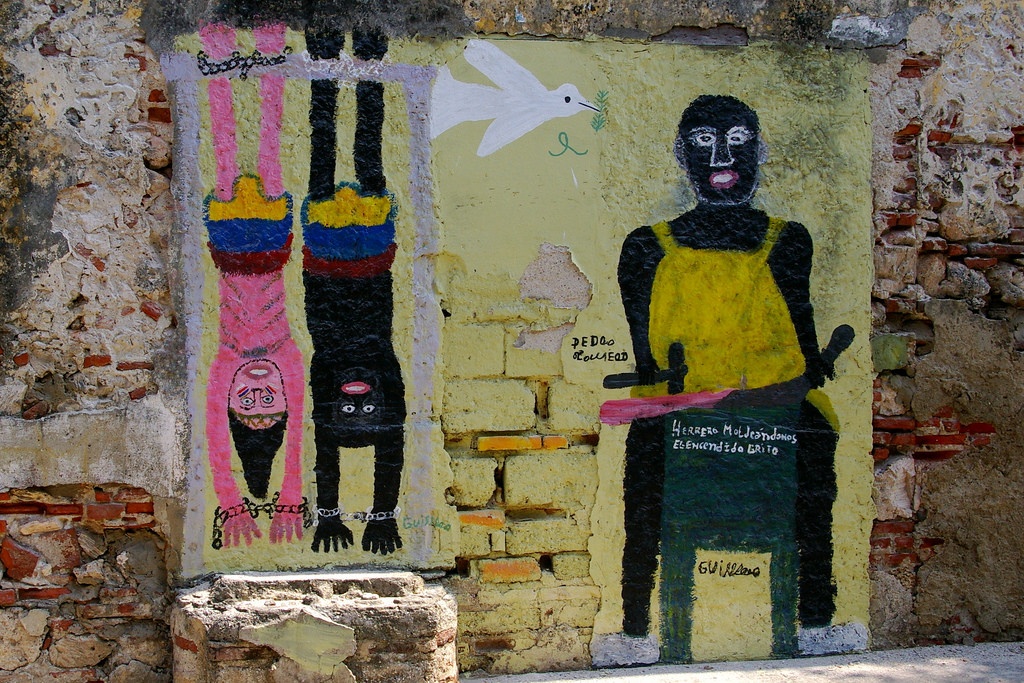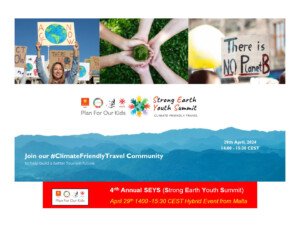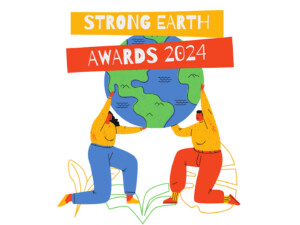Efficacy of “advocacy tourism” debatable

Fight trafficking on the beaches — “advocacy tourism” is here
Bored of the beach? Done with mini breaks?
Time to take an “advocacy journey” and spend a blissful few days in the Caribbean fighting human trafficking.
In the latest offering from the tourism industry, trips with a mission are now on offer to travellers who want more from a holiday than sea, sun and shopping.
This summer, holiday makers can twin a visit to the colonial Colombian city of Cartagena with an educational programme aimed at raising awareness about the modern slave trade.
“I have been asked whether the tour, given its theme, was ‘depressing’,” wrote Karen Weiss, who took a similar trip to Thailand, on the tour organiser Ecpat-USA’s website.
“I assure you that it was not,” she wrote. “It combines the excitement of visiting a fascinating country with a rare opportunity to broaden your understanding of the problem of human trafficking.”
Nearly 46 million people globally are living as slaves, trafficked into tourism, mining and farming, or sold for sex, trapped in debt bondage or born into servitude, according to the 2016 Global Slavery Index by rights group Walk Free Foundation.
While public awareness has grown in recent years with new legislation, campaigning by NGOs and crackdowns in the private sector, campaigners say tourism can be a major force for change.
Create an advocate
One fifth of July’s Cartagena trip — organised by the anti-trafficking group Ecpat-USA and travel company Altruvistas — will be spent visiting typical tourist spots.
For the rest of the trip, the group will meet NGOs, government representatives and learn about child trafficking.
“Our journey is made to create an advocate, so when they come home they’re very active on the issue, and inspire them to be involved,” Michelle Guelbart of Ecpat-USA told the Thomson Reuters Foundation.
All hotels used sign up to ‘The Code’, an industry initiative to boost awareness and stop child sex exploitation.
Guelbart said this provides a double benefit, educating travellers and promoting responsible businesses.
From an individual trip fee of US$2,050, Ecpat-USA gets a $500 direct payment. Guelbart said people who take the trips remain engaged and this is more valuable than a one-off donation.
Ecpat-USA and Altruvistas have run two similar anti-trafficking advocacy trips to Thailand, home to a vibrant sex market fed in large part by human trafficking.
Altruvistas CEO Malia Everette has worked in both travel and trafficking issues for about 15 years and says advocacy is a new form of tourism.
Her sustainable travel company runs about 80 trips annually, of which a handful focus on trafficking, with very different participants. She has taken school students to Ghana to learn first hand about slavery and accompanied trafficking survivors to Peru to meet anti-slavery groups that help people like them.
Previous trends for ethical travel have included volunteering, eco-tourism and travel that benefits local people.
Mark Watson of the Ethical Tourism group said advocacy tourism can help in raising awareness of the issues but said the impact of people trying to help out locally was debatable.
“In most cases there’s not much you can do. There’s professional people out there doing the proper stuff, what they need is resources and money, what they don’t really need is tourists turning up and getting in the way.”
Watson said the best way to help is to take ethical holidays and donate money to organisations on the ground rather than trying to do more while travelling.
Everette said the explosion of ecotourism in the 1970s and 1980s helped change mass travel for the better but there was little emphasis on the people directly affected by tourism.
“As we saw tourism booming, we also saw the commodification of people in sex tourism, sex trafficking, and cultures just being bought rather than respected,” she said.
Voluntourism
Campaigners have long raised concerns about the impact of tourism, questioning the treatment of vulnerable people when travellers engage in so-called poverty tourism, and the real value of volunteering trips — or ‘voluntourism’ — for locals.
James Sutherland of children’s charity Friends International said that ‘voluntourism’ in Cambodia had encouraged the spread of unregistered orphanages which can house trafficked children.
“If we can continue to foster awareness that everyone can play a part by being a responsible tourist, we may begin to progress in ensuring tourism is not exacerbating issues, but is actually playing a positive role in ending them,” he said.
Ecpat-USA’s Guelbart said volunteering was altogether different from the advocacy trips she runs.
“When people are volunteering, it’s more for them and not actually for the people in the area,” she said. Unlike her advocates, who “go home and create a project that lasts”.
Source: Reporting by Ed Upright, Editing by Lyndsay Griffiths; Thomson Reuters Foundation, the charitable arm of Thomson Reuters.
Image: “Grafitti, Getsemani, Cartagena Colombia” by Bryan Pocius
Related posts





